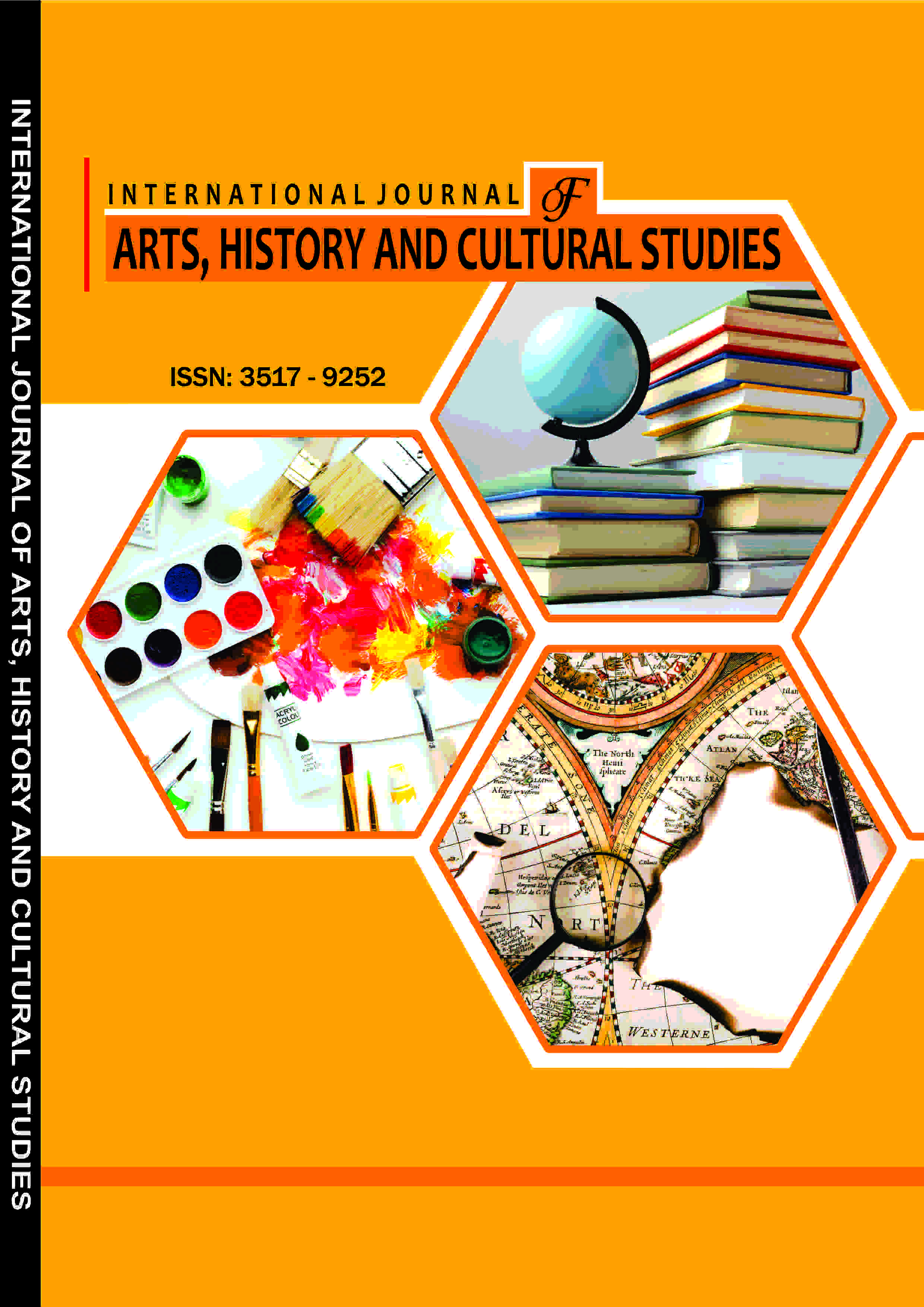INTERNATIONAL JOURNAL OF ARTS, HISTORY AND CULTURAL STUDIES (IJAHCS)
Academic Plagiarism in the Artificial Intelligence Era: The Practices of University Students in Iraq
E-ISSN: 2695-1886
P-ISSN: 3517-9252
DOI: https://iigdpublishers.com/article/374
In the era of artificial intelligence, concerns about academic plagiarism are on the rise in higher education. This study aimed to identify the key components of academic plagiarism and validate a developed questionnaire addressing its prevalence, common practices, and differences based on gender and discipline. A convenience sample of 496 students from humanities and sciences at various universities in Iraq participated. The questionnaire demonstrated good construct validity and reliability, identifying three key components of plagiarism. Results indicated a moderate inclination towards plagiarism, with ghost-writing as the most common practice, followed by inappropriate referencing. Egregious forms of plagiarism were less frequent. While no significant gender differences were observed, science students M=12.03 compared to humanities students M=11.71 exhibited a higher tendency for egregious plagiarism (p<0.04). These findings highlight the need for targeted interventions to address plagiarism and uphold ethical standards in higher education, particularly in regions with limited research on this issue.
Zhwan Dalshad Abdullah
Abdullah, Z. D., Ziden, A. B. A., Aman, R. B. C., and Mustafa, K. I. (2015). Students’ Attitudes towards Information Technology and the Relationship with their Academic Achievement. Contemporary Educational Technology, 6 (4).
https://web.archive.org/web/20200215044119id_/https://www.cedtech.net/download/stu
dents-attitudes-towards-information-technology-and-the-relationship-with-their-academic-6158.pdf
Akçapınar, G. (2015). How automated feedback through text mining changes plagiaristic behavior in online assignments. Computers & Education, 87. https://doi.org/10.1016/j.compedu.2015.04.007.
Ali, H. I., and Hassan, A. 2021. "Fighting contract cheating and ghostwriting in Higher Education:
Moving towards a multidimensional approach. Cogent Education, 8 (1),1885837. https://doi.org/10.1080/2331186X.2021.1885837.
AlDahdouh, A. A. (2021). Information search behavior in fragile and conflict-affected learning
contexts. The Internet and Higher Education, 50.
https://doi.org/10.1016/j.iheduc.2021.100808.
Aljurf, S., Kemp, L.J., and Williams, P. (2020). Exploring academic dishonesty in the Middle East: a qualitative analysis of students’ perceptions. Studies in Higher Education, 45 (7), 1461-1473. https://doi.org/10.1080/03075079.2018.1564262.
